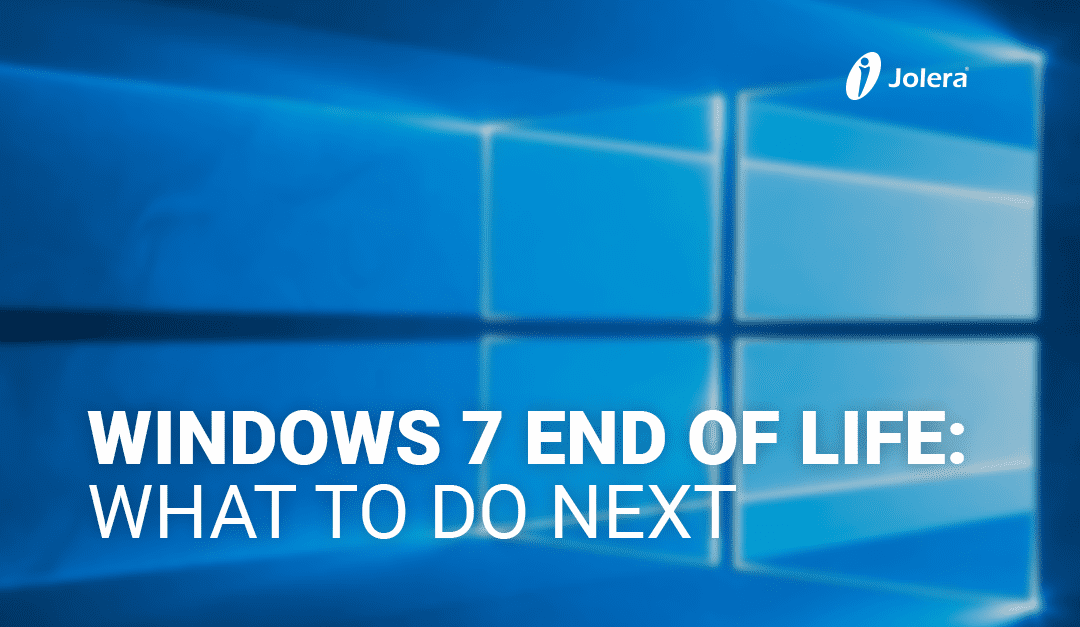As of January 14, Microsoft is no longer providing regular security updates and patches for Windows 7. According to data from NetMarketShare, approximately 26% of devices are still running Windows 7. Although the Windows 7 deadline has passed, organizations should still plan a Windows 10 migration. Otherwise, organizations have the option to get Windows 7 Extended Security Updates (ESU).
What is Windows 7 ESU?
Windows 7 ESU provides businesses of any size still using Windows 7 Professional or Windows 7 Enterprise with security updates for critical and important issues. It’s important to note that Windows 7 ESU is meant to be a temporary fix and is only available for up to three years.
What are my options?
Organizations should prioritize migrating to Windows 10 to ensure they stay protected. Not only is Windows 10 more secure but it has better features to help improve business productivity. Migrating to Windows 10 also provides peace of mind, knowing you won’t have to spend a lot of time and effort trying to support an obsolete operating system and feeling left behind.
If you are unable to migrate to Windows 10 right away, you will need to purchase Windows 7 ESU to stay secure. The purpose of Windows 7 ESU is to support organizations as they get ready to migrate to Windows 10. Without security patches and updates, Windows 7 users become exposed to unpatched vulnerabilities and threats like ransomware. Hackers know that the security features in Windows 7 are weaker and easier to exploit, making Windows 7 users likely targets for cyber attacks. This puts client data and business productivity can be at risk.
For more information on Windows 7 ESU pricing or how Jolera can help with your Windows 10 migration, contact us today.





